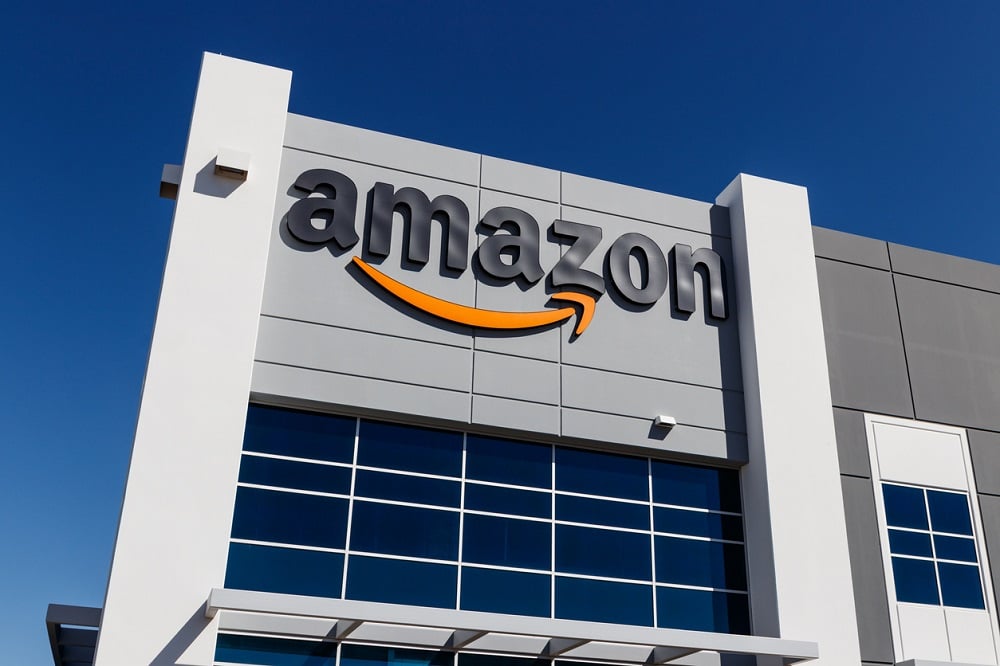We spoke to HR experts and asked them what trends they foresee for the year ahead

We spoke to HR experts and asked them what trends they foresee for the year ahead.
Recruitment
“On the permanent side, I think we’ll see a lot more churn in the marketplace,” Rowan O’Grady, President of Hays Canada told HRD. “By that I mean people leaving jobs that they are currently in because they’ve been offered a better job elsewhere. It’s a double whammy situation – if the economy is growing and it creates a new job, the person who takes that job leaves a vacancy behind them, and the person that takes that leaves a vacancy behind them.
“It’s no longer just about having to fill roles for economic growth, employers need to recruit for vacancies created off the back of this churn. As such, organizations are going to have an exponentially more difficult time finding good candidates.”
Employment Law
“In Ontario we’ve recently seen a significant reform of the Employment Standards Act, with Bill 148,” Matthew Certosimo, Partner at Borden Ladner Gervais. “We’re still digesting these changes in employment law – the highest profile of which is the increase to the minimum wage. The Act was also changed in a number of other ways, which will impact the workforce – i.e extra vacation and paid emergency leave.
“You might say they’re modest changes in each individual circumstance, but cumulatively the breadth of the reform has created a bit of a stir and a concern amongst employers. However, for the most part, I think most organisations are already ahead of these changes.”
Employee engagement
“Millennials will increasingly impact the way organizations manage the employee experience,” explained Chris Edmonds, author and expert on organizational culture. “Millennials work differently and think differently. They’re also impatient - if their expectations aren’t being met, if they’re not feeling valued, if they’re not feeling invested in, they’ll leave.
“HR professionals must help educate senior leaders and pilot new ways of engaging employees to make their workplace a source of validation for these younger leaders and workers. HR must implement changes in the face of resistance from senior leaders - they won’t understand why changes must be made nor will they be pleased with the investment required.”
Diversity
“As Canada becomes increasingly diverse,” said Laura Sherbin, co-president at the Center for Talent Innovation. “HRDs will be called upon more than ever before to fully tap the talent of their workforce by encouraging inclusive leadership and cultures of sponsorship.
“The rising need for STEM skills will require a particularly aggressive effort from HRDs to hire, retain, and advance STEM employees inclusively. Sponsorship can be a crucial tool to accomplish this--and yet, in our research, we find that sponsorship can be far more widely utilized in Canada, especially for employees of colour, women, and indigenous employees.”
What trends do you predict for 2018? Tell us in the comments!
Recruitment
“On the permanent side, I think we’ll see a lot more churn in the marketplace,” Rowan O’Grady, President of Hays Canada told HRD. “By that I mean people leaving jobs that they are currently in because they’ve been offered a better job elsewhere. It’s a double whammy situation – if the economy is growing and it creates a new job, the person who takes that job leaves a vacancy behind them, and the person that takes that leaves a vacancy behind them.
“It’s no longer just about having to fill roles for economic growth, employers need to recruit for vacancies created off the back of this churn. As such, organizations are going to have an exponentially more difficult time finding good candidates.”
Employment Law
“In Ontario we’ve recently seen a significant reform of the Employment Standards Act, with Bill 148,” Matthew Certosimo, Partner at Borden Ladner Gervais. “We’re still digesting these changes in employment law – the highest profile of which is the increase to the minimum wage. The Act was also changed in a number of other ways, which will impact the workforce – i.e extra vacation and paid emergency leave.
“You might say they’re modest changes in each individual circumstance, but cumulatively the breadth of the reform has created a bit of a stir and a concern amongst employers. However, for the most part, I think most organisations are already ahead of these changes.”
Employee engagement
“Millennials will increasingly impact the way organizations manage the employee experience,” explained Chris Edmonds, author and expert on organizational culture. “Millennials work differently and think differently. They’re also impatient - if their expectations aren’t being met, if they’re not feeling valued, if they’re not feeling invested in, they’ll leave.
“HR professionals must help educate senior leaders and pilot new ways of engaging employees to make their workplace a source of validation for these younger leaders and workers. HR must implement changes in the face of resistance from senior leaders - they won’t understand why changes must be made nor will they be pleased with the investment required.”
Diversity
“As Canada becomes increasingly diverse,” said Laura Sherbin, co-president at the Center for Talent Innovation. “HRDs will be called upon more than ever before to fully tap the talent of their workforce by encouraging inclusive leadership and cultures of sponsorship.
“The rising need for STEM skills will require a particularly aggressive effort from HRDs to hire, retain, and advance STEM employees inclusively. Sponsorship can be a crucial tool to accomplish this--and yet, in our research, we find that sponsorship can be far more widely utilized in Canada, especially for employees of colour, women, and indigenous employees.”
What trends do you predict for 2018? Tell us in the comments!





